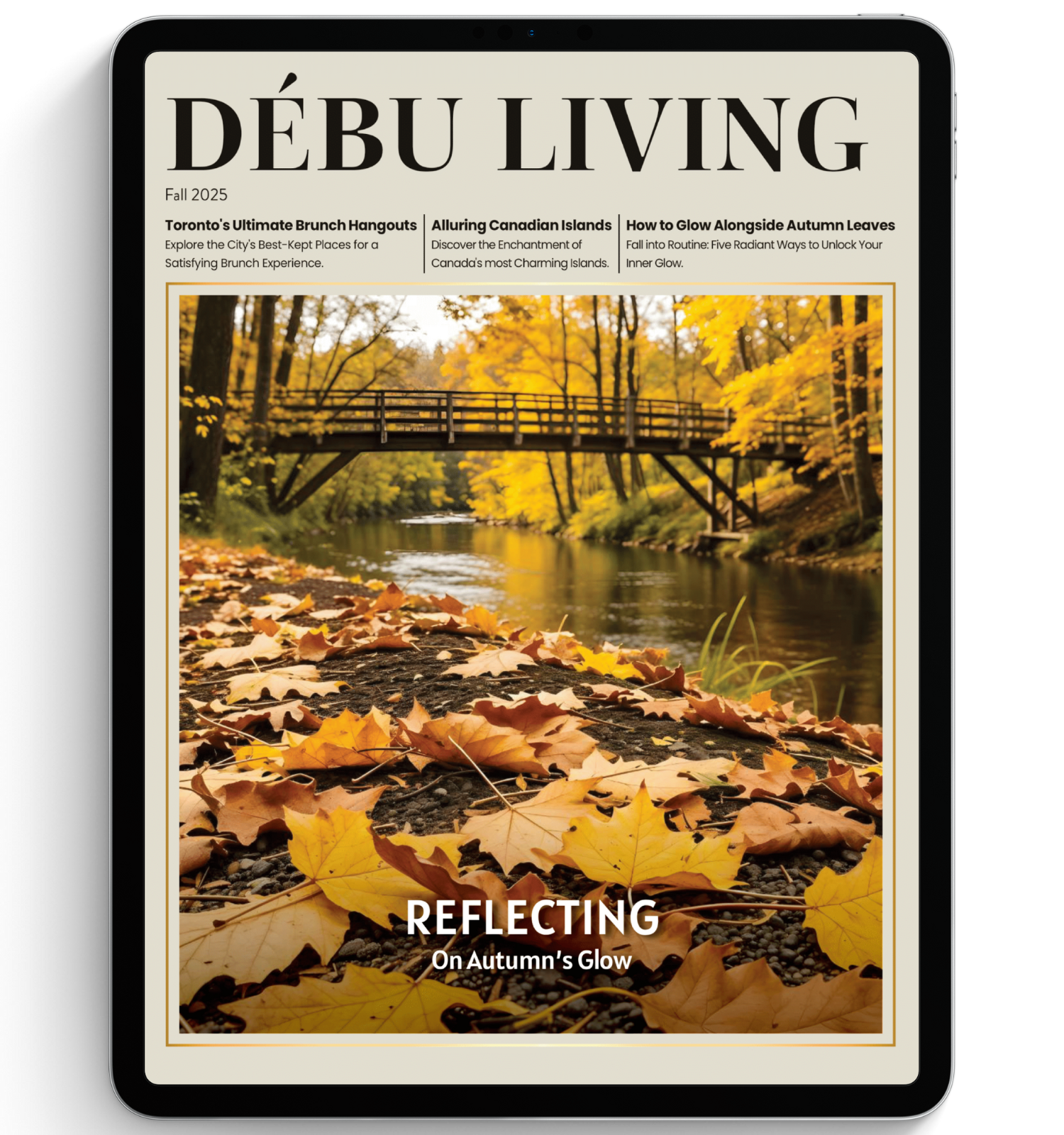Natural and herbal remedies have taken the world by storm, but if you think about it, that hasn’t always been the case. Some find it confusing, even mind-boggling, to believe that particular herbs or plants can cure diseases.
Nevertheless, many of the medications you see on the market are actually made of plants. Indeed, some theories have even gone to extremes to say that the very physical characteristics of plants can provide clues into how they are used. For example, a widely-held notion in ethnobotany and practitioners of herbal medicine suggests that plants have a signature colour, texture, shape, and scent that resembles the body parts and diseases they heal.
You might have wondered how people first discovered that ginseng can improve energy, ginger alleviates nausea, or horsetail contains silica that can help hair grow. Although it is difficult to pinpoint where these originated, the concept of natural healing and remedies is deeply rooted in ancient traditions across many cultures. It is a hallmark of traditional Chinese medicine and Native American herbalism; even ancient Egyptian cultures have delved into herbalism and natural remedies. Gradually, with the passing of time, the idea of natural herbal remedies gained traction in medieval Europe, particularly among Christians who gave it theological underpinnings.
However, with the advent of modern medicine, the belief that natural remedies were the one and only solution to all your ailments gradually fell out of favour with many people. Many around the world believe it is a pseudoscience or a detractor from the mainstream traditional science-based method of cure at best.
Common Myths about Natural Herbal Remedies
Herbal Medicine is Not Scientific
Contrary to what many people think, herbal medicine has been scientifically proven. To obtain a certification in herbal medicine, you will need to undergo two to three years of medical training and education. After all, herbalism is a science that is research-based and requires medical education. Indeed, many governments have medical regulatory bodies that have already recognized the effectiveness of herbalism and natural remedies after conducting thorough research.
Herbalism is Costly
For many people, herbalism is considered to be costly. There are several factors associated with this; for starters, the price of the herbs themselves may be high, but there are also other concerns related to fees and consultations. Herbs are sourced from different locations, and some of these locations are remote; some herbs might require specific growing conditions and are more expensive to harvest and grow.
Traditional science-based medicines aren’t cheap, either. Before you swallow a pill, a rigorous process takes place that includes the cost of scientific research that goes into the chemicals that will produce the pill. After that, the drug manufacturer must obtain a patent to have exclusive rights to sell the pill, thereby limiting competition and maintaining higher prices, all of which incur additional fees. Gathering plants or plant extracts is only half of the job. It takes effort, time, and knowledge, along with years of experience, to make medicines from plants and to preserve and consume them. When compared with traditional scientific lab-grown medications, you will notice that, in reality, there isn’t much of a big difference, and in the end, they aren’t really overpriced.
Herbal Medicine and Homeopathy are the Same
Many people around the globe tend to confuse homeopathy and herbal medicine; however, in reality, the two are distinct and unrelated. Herbal medicine relies heavily on plants and herbs to treat diseases, typically targeting pharmacological pathways to achieve this. It also draws on the knowledge of chemistry and biology to alleviate suffering.
Homeopathy, on the other hand, is a form of energy healing. It was founded in the late 1700s by Dr. Samuel Hahnemann and is essentially based on the law of similars, which means that a remedy can potentially cure a disease or be used as a healing method if it produces in a healthy person symptoms similar to those of the sick person. It strongly relies on the body’s natural healing processes, triggering the body’s own healing forces.
Herbal and Natural Remedies are for Hippies
The hippie movement popularized certain aspects of herbal medicine. Still, it’s essential to recognize that natural and herbal remedies have been used across generations and diverse cultures and are not limited to a specific lifestyle or group.
The notion that herbal remedies are associated with hippies might have stemmed from the fact that the hippie movement generally rejects mainstream values and likes to explore alternatives; that’s why some people might automatically associate herbal remedies with hippies. Herbal remedies employ a holistic approach and are utilized by individuals of diverse ages, ethnicities, genders, and socio-economic backgrounds. Simply put, herbal and natural remedies are not only for hippies, but for anybody who wants to embrace a minimally invasive medical practice.
With all the advances in science and technology, herbal and natural remedies are here to stay. And in our era of mysterious diseases, we might need them now more than ever when traditional scientific methods fail us!
David Messiha | Staff Writer














